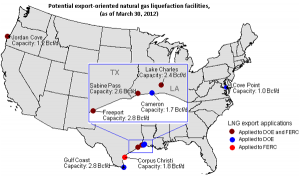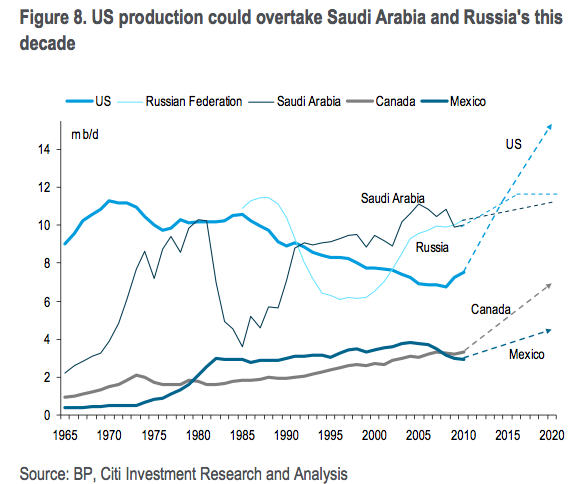5 item(s) were returned.
Vice President for Policy Strategy
American Gas Association
There is currently no national standard for dispensing liquefied natural gas (LNG) as a motor fuel. In July, the National Conference of Weights and Measures (NCWM) will consider requiring retail natural gas dispensers to use kilograms as the primary unit of sale for liquefied natural gas (LNG). The same regulators and officials advocating for that approach are encouraging that CNG no longer be sold in gasoline gallon equivalents as well. This would be a drastic departure from the current practice of using diesel gallon equivalents (DGE) for the sale of LNG, since it primarily competes with diesel fuel for trucking.… [more]
View InsightA recent report by analysts at Ernst and Young predicts that the global LNG market will shift away from its current pricing model, tied to international crude oil prices, to more spot or hub-based pricing. The report, “Global LNG: Will new supply and new demand mean new pricing?” explains that strict oil indexation will become less tenable because “From the global supply side, oil is becoming somewhat scarcer while gas is more plentiful,” thus creating the “inherent conflict of persistently-high oil prices and a growing surplus of natural gas.” More specifically, the report concludes that oil indexation of gas contracts… [more]
View InsightNew England is facing a potential shortage of liquid natural gas (LNG) after terrorist attacks on a Yemenese pipeline cancelled shipments to a Massachusetts terminal. Domestic gas could make up the shortfall, but a gas pipeline or export terminals would be needed. Currently, area power and gas companies are working to establish financing for construction of a pipeline expansion, and proposed LNG export facilities are being held up by DOE. New England’s electricity market is a complicating factor in pipeline negotiations. New pipeline capacity would require long-term contracts between suppliers and utilities, and inchoate gas and electric power market rules make it… [more]
View InsightAs American natural gas production continues to increase, the U.S. Department of Energy (DOE) is considering a greater number of applications from companies interested in exporting liquefied natural gas (LNG). At the same time, the Federal Energy Regulatory Commission (FERC) is seeing more applications from companies seeking to build new LNG export terminals and liquefaction facilities. Currently, the U.S. only exports LNG internationally by exporting natural gas imported from other countries, a practice that increased in 2011. So far, nearly all applications to export U.S. LNG to Free Trade Agreement (FTA) countries – eighteen countries including Australia, Canada, Chile, Israel,… [more]
View InsightA Citigroup analysis of North American oil production suggests that the continent could become the “new Middle East.” The report, ENERGY 2020: North America, the New Middle East?, projects increased oil production as having significant effects throughout North American economies, with an increase in the United States’ real GDP of 2.0 to 3.3% from new production, reduced consumption, and associated activity. The report points out that “the main obstacles to developing a North American oil surplus are political rather than geological or technological.” In response to the growth in shale development, state and federal governments are crafting regulations to address… [more]
View Insight



